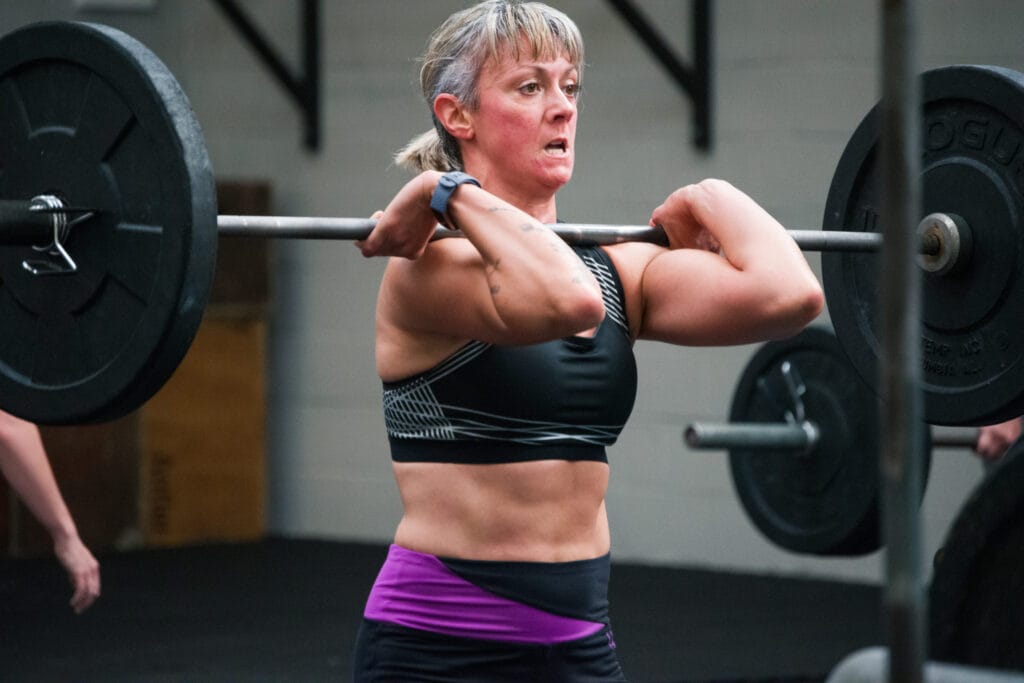Eat more lean protein…
Read enough on the internet and you’ll probably find that phrase when people are discussing ways of getting in shape, but what does it even mean and how can you use this information?
What is lean protein?
Well, it’s protein sources that have little to no other macronutrient (fats or carbs) content. Technically up to 10g of fat per 100g serving on average is classed as a lean protein. Which makes “full fat milk” at 3.7g/100ml look like it’s got a misleading label.
Why lean protein?
It helps to keep the calories down as the fat content (9 cals per gram) is much lower if you’re thinking about total calorie intake. It also is broken down faster in the stomach than fattier proteins so can be helpful post pre and post exercise.
It also helps with satiety (hunger) which in turn helps to reduce snacking or larger calorie meals
Which type of lean protein?
In no particular order, below are a few options based on ease of purchase, consumption and buy in long term.
1️⃣ – White chicken or turkey cuts (breast usually). Around 30g protein per 100g cooked weight.
2️⃣ – Tuna or white fish. Depending on what type of vegetarian you may be, this could work for you also. Roughly 25-30g protein per 100g
3️⃣ – Egg whites. Again depending on what type of vegetarian you are, you may benefit from this too. About 3-4g per egg white
4️⃣ – Fat-free Greek yogurt. Roughly 7-10 gram protein per 100g. Just be aware that yoghurt also has other macronutrients in if you’re trying to get just protein in.
5️⃣ – Other ‘Loin’ or ’round’ cuts of meat. Pork, beef etc.
6️⃣ – Milk. If you drink milk, this can be a great way to get in a decent amount of liquid protein on the cheap (and can also work well to help rehydrate after a training session).
When should you have it?
We recommend that you split your protein intake out over the whole day instead of having one or two big meals. This tends to help with keeping people feeling full instead of hungry. We also recommend that your breakfast has a decent serving of protein in because without even changing anything else we find that people have more energy later in the day and also snack less!

